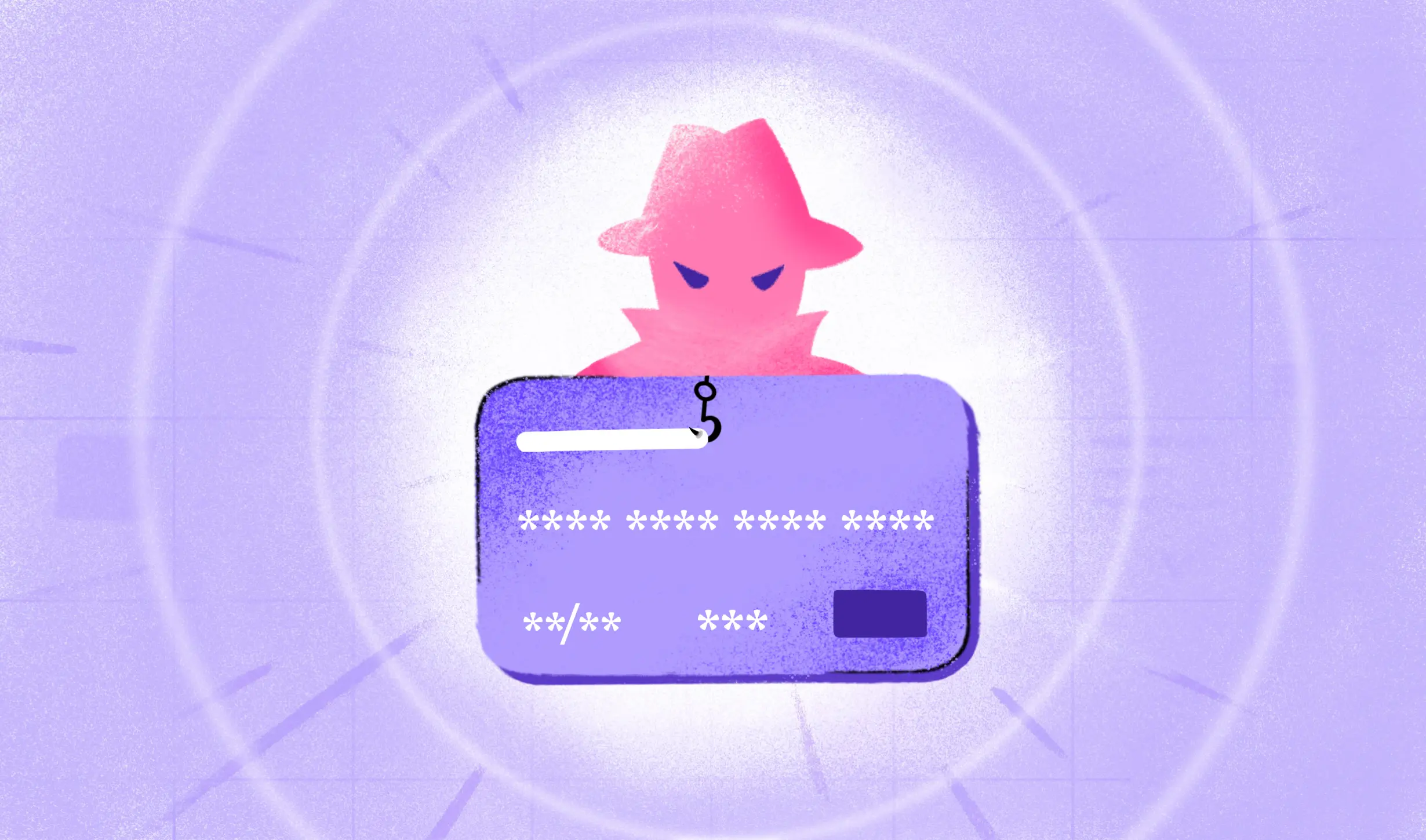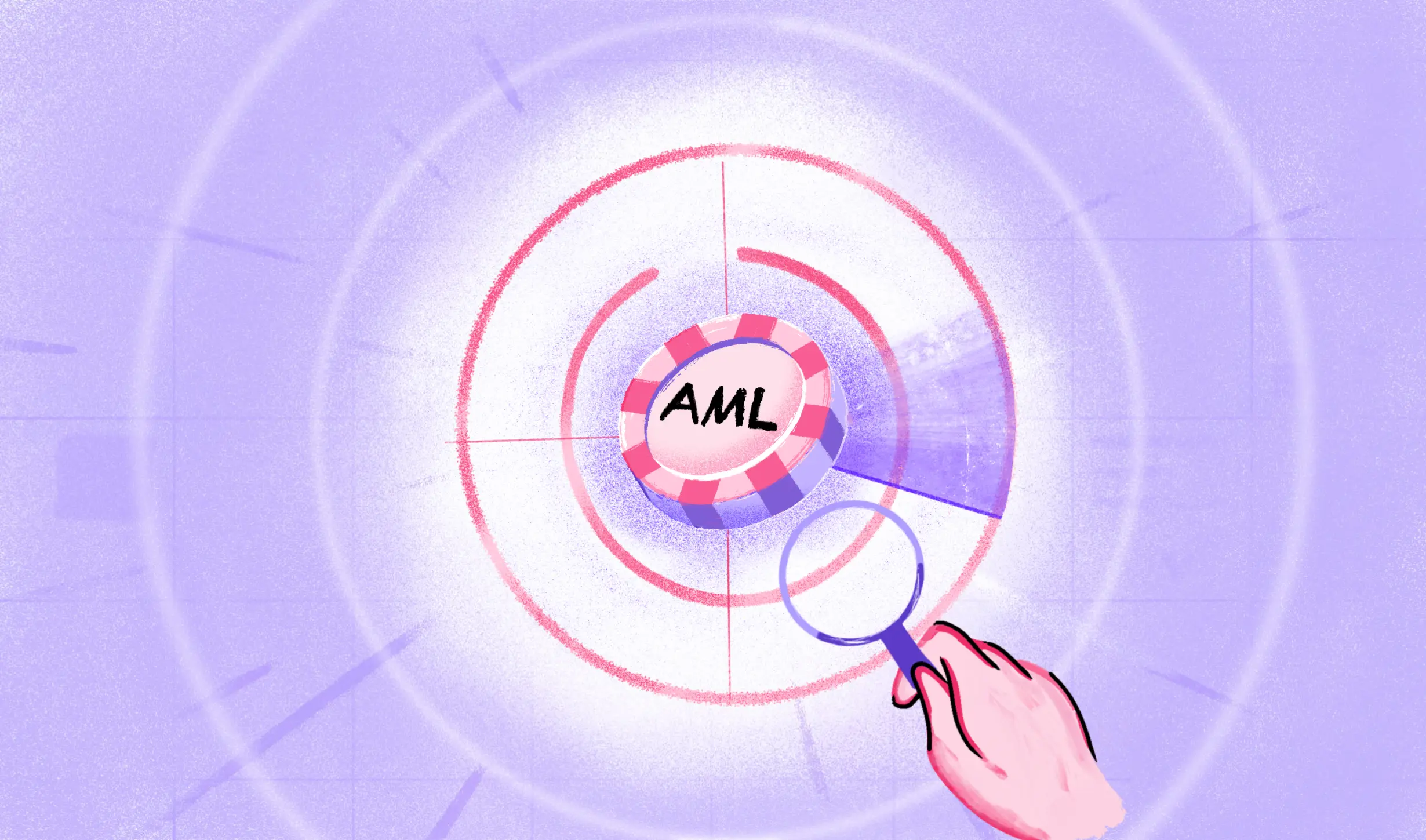The goal of corporate KYC (know your customer) procedures is to ensure that financial institutions understand who their clients are. According to the standard operating procedures, the user must complete KYC before forming any working relationship with a financial institution.
This post aims to educate you regarding the importance of corporate KYC, the documents required, and how you can automate everything with the help of Hyperverge.
Corporate KYC: An Overview
Corporate KYC checks the legitimacy of a business or corporation and its owners before allowing them to open an account at a financial institution. This may uncover shell firms, offshore accounts, and shelf companies that normalize illegitimate funds. Regulated organizations incur high costs when investigating false positives, even though they’re often unnecessary. Firms risk steep penalties from the regulator if they fail to do thorough PEP(politically exposed person) and sanctions screening (even if a false positive). The three critical pieces of the puzzle are:
- Customer identification
- Due diligence
- Customer monitoring
Why Corporate KYC is Important
After drug lord Pablo Escobar’s cocaine enterprise penetrated the global banking system, the G7 founded Financial Action Task Force (FATF) in 1989 and added Anti-Terrorist Funding (ATF) to its agenda after 9/11. The FATF aims to protect the worldwide financial system from criminal activity by establishing guidelines and encouraging the efficient use of legislative, administrative, and tactical measures to combat money laundering, terrorism financing, and associated concerns. In response, India passed the Prevention of Money Laundering Act (PMLA) in 2002 to curb terrorist financing.
The lack of regulation surrounding KYC led to extreme events that proved to be instrumental in shifting the world order entirely. Corporate KYC is essential because it allows a company to verify the identity of its client, which is another corporation. It’s part of the onboarding procedure when the company establishes the measures to be taken in case a risk is identified in connection with the customer.
Documents Required for Corporate KYC
There is no universal method for a KYC, and the method chosen depends on the type of regulator entity in question. The central bank merely issues guidelines, which regulator entities can interpret as something close enough but not exactly that depending on their risk appetite. But on a superficial level, here are some of the KYC requirements for corporates:
- Copy of certificate of incorporation mentioning the CIN(corporate identity number)
- Copy of memorandum & articles of association (AOA).
- Copy of company PAN (permanent account number) card.
- A resolution approved by the board of directors for creating a bank account and designating its authorized users.
- The identification of authorized signatories must be based on pictures and company-attested signature cards.
- Copies of proof of identification and proof of address, in addition to the permanent account number (PAN) of managers, officers, or employees having power of attorney to conduct business on its behalf.
- List of directors, DIN(director identification number), and copy of Form 32 (if directors differ from AOA)
- A valid, certified copy of the business commencement certificate (public limited company).
- Copy of proof of the company’s name, principal place of business, mailing address of the company, and telephone/fax number apart from the above. (Telephone bill not older than two months).
Automating the Corporate KYC Process
Automating the corporate KYC process can result in various benefits like reduced costs, increased efficiency, minimized risk, and a sound customer experience.
There are a variety of approaches that a person can take to automate the KYC processes. Combining AI algorithms with intelligent document processing (IDP), robotic process automation (RPA), and establishing API connections from third parties is a standard method.
The technologies mentioned above are utilized to automate workflow processes, gather data from documents, and reduce time spent screening, identifying, and verifying individuals. Confirming customer identification enables staff members to examine and evaluate documents submitted quickly.
Corporate KYC: The Challenges
Corporate KYC procedures are more thorough, sophisticated, and expensive than those for individuals. Here are some of the primary challenges associated with the corporate KYC process:
- Poor Data
Any financial institution will meet discrepancies and inconsistencies in corporate registration records and filing history when seeking to verify a corporate customer’s KYC information, especially in another jurisdiction. Since financial institutions rely on their judgments on data, inaccurate data can be disastrous.
- False Positives
Regulated businesses bear a high cost when investigating a false positive, even though such investigations are frequently unnecessary. Firms risk steep penalties from the regulator if they fail to do thorough PEP and sanctions screening (even if a false positive).
- Time-consuming, largely manual onboarding
The actual money and resources needed to check potential clients before onboarding is a persistent concern for financial institutions and firms implementing corporate KYC. Due to the time and effort involved, the onboarding institution and potential client may give up, or the business client may choose not to onboard.
- Continuous monitoring
Corporate KYC challenges continue after customer onboarding. Firm structures, ownership, and business interests might change. Therefore, an entity that passed a KYC check during onboarding may not be compliant in the future. Banking, financial services, and insurance (BFSIs) may need to reclassify existing customers previously deemed low-risk due to the ever-changing nature of AML/ATF legislation worldwide.
Conclusion
Corporate KYC is an essential process to ensure the existence of a system of checks and balances to detect activities like financial fraud, money laundering, and terrorist funding. The corporate KYC process is complicated and often results in companies getting buried in paperwork to complete even a single corporate KYC. But this is changing quickly, thanks to technology. The corporate KYC process is automated using machine learning, IDP, and RPA. KYC for corporate clients is a previously untapped market growing at a breakneck pace.
How Hyperverge Can Help
The identity verification solution from HyperVerge is all you need, thanks to its cutting-edge, AI-based C-KYC data and quality assessment API that can instantly approve or deny KYC requests.The approach makes it possible to automatically approve or reject the vast majority of users by streamlining the procedure.
If you’d like to learn more about their product and how to utilize it to optimize your user journey, contact them at contact@hyperverge.co or fill out this form.
FAQs
Is there any benefit to KYC?
KYC is required by legislation worldwide. KYC compliance prevents flagged persons from disrupting a financial ecosystem and limits criminals’ money-laundering options.
Is the KYC process the same worldwide?
The documents filed with a country’s company register and those that the public may view vary from country to country, as do the rules and regulations governing public access to this information and the standards for filing such information.
What is AML?
Anti-money laundering covers that banks and other financial institutions must take steps to stop criminals from receiving or transferring money unlawfully. AML rules attempt to prevent the laundering of funds from criminal operations, such as human trafficking and the sponsorship of terrorist organizations.

 US
US
 IN
IN









